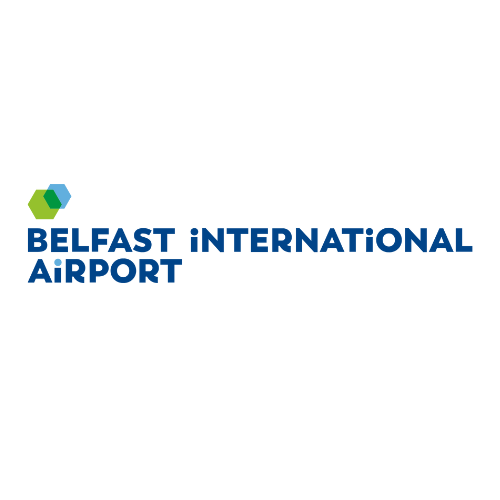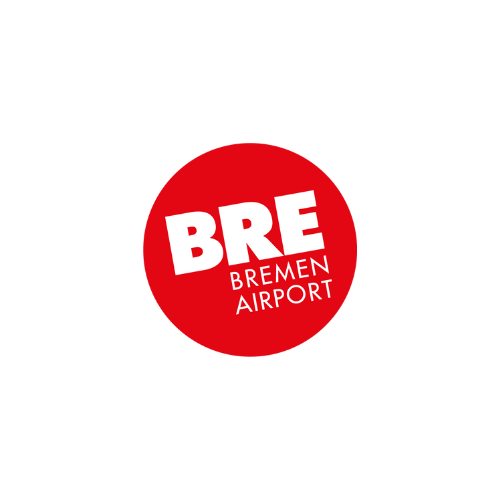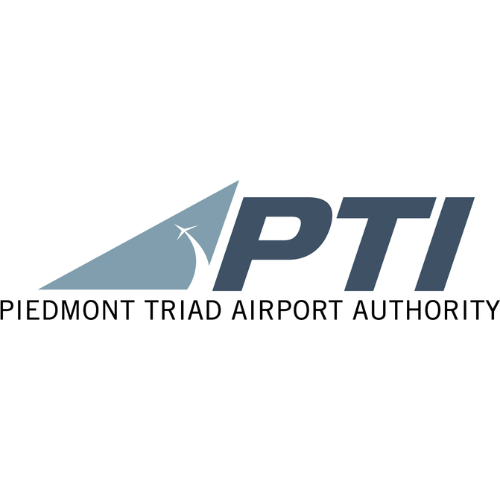Airports and airlines are riding the wave of unprecedented challenges in the industry and how they operate. The recent pandemic has accelerated rapidly changing purchasing behaviours, digitalisation, and the evolution of ecommerce with a tremendous impact on the entire industry.
To thrive in this ever-changing market, airports and airlines must now embrace new business models, extend their reach to accommodate heightened customer expectations, and use data and analytics to develop lasting customer relationships.
According to the ACI’s Airport Economics Report 2021, global industry revenue had a year-over-year growth (2019 / 2018) of 1.4%, and global industry revenue reached new heights at $180.9 billion.
The revenue breakdown looked like this:
- Aeronautical 54%
- Non-aeronautical 40.2%
- Non-operating 5.7%
The total cost per passenger for airports was $14.11, exceeding global aeronautical revenue per passenger $9.99, highlighting the importance of non-aeronautical sales for the financial suitability of airports.
The distribution of non-aeronautical revenue can be broken down further by its key sources:
- Retail concessions 26.4%
- Car parking 20.9%
- Property and real estate income or rent 15.2%
Not surprisingly, figures from 2020 aren’t as promising. According to the ACI, the global pandemic erased approximately two-thirds of passenger traffic and the same level of revenues equivalent to $125 billion. Things aren’t looking so bright for 2021, either. It’s estimated that globally, airports will lose more than $92 billion of revenues, halving airport revenue expectations (-50.0%) compared to the projected baseline (-48.1% compared to 2019 level.)
The industry will likely take years to recover from this derailing from business-as-usual. It’s, therefore, essential that airports and airlines pull together with shared incentives for both sides.
How airports and airlines can work collaboratively
Until fairly recently, customers would book flights and holidays through an airline or travel agent. However, today airports use technology to compete for customers, enabling them to book directly through their websites.
When an airport commits to optimising these direct bookings, the resulting data and analytics pave the way for significant advances in the customer experience. Passengers are no longer strangers on a plane. Instead, they become integrated into loyalty loops, targeted airport marketing strategies and brand advocacy.
Airports and airlines haven’t always seen eye-to-eye on topics such as data sharing. However, they share the same goal of customer satisfaction, and in an unusually symbiotic relationship, they also serve the same customers.
Therefore, to survive in this ‘new world,’ airports must ensure all of their customers, passengers, and airlines are adequately supported. The airport needs to make money to sustain itself as a profitable entity. At the same time, when airlines can flourish, they continue to serve the airport, adding new routes and services to achieve sustainable growth.
Non-aeronautical revenue is a crucial area for development in the airport industry. The data collected from direct bookings of flights and car parking is essential to ensuring relevant, timely marketing communications, customer retention, and fulfilling the airport’s potential as a destination in its own right.
While on the face of it, it seems airports are competing with airlines for bookings, it’s perhaps worth considering how they can work in collaboration. One way we think this is achievable is with our handy Flight Search tool. Incorporating Flight Search into an airport ecommerce strategy can benefit airports and airlines across the board, rather than damaging the delicate relationship between them.
Supporting airport and airline relationships with airport flight search
We asked top industry experts for their thoughts on whether an airport Flight Search tool (enabling airports to sell flights on their website) can support airline relationships.
Andrew Phare, Head of Travel Services at Rezcomm, said:
“Yes, I think it definitely can. Airlines and airports both want planes departing and arriving to be as full as possible. Some customers will book direct with the carrier, but many customers will want the arrangements looked after end to end. Therefore a good distribution mix is really healthy for all concerned.
Rezcomm’s flight search is simply a comparison site. It allows all flights to all destinations to be highly visible and bookable in an easy and unbiased way. What this does is it guarantees visibility of flights, it guarantees distribution to the carriers serving the airport, and combined with good marketing, it can send a strong message to airlines about the commitment to that partnership and the commitment to those routes served.”
Sean Staff, who runs Marketing Communications at Regional and City Airports, also sees the benefits for airports and airlines.
“To my mind, airlines, airports and passengers all want the same thing, and that’s full planes of people going on holiday. I think if that’s achieved, everyone’s happy, and if it’s achieved to the point of scaling up, adding routes, reinvesting and attracting new airlines, then everyone’s even happier. I think it absolutely supports airline relationships.”
Andrew Williamson, Commercial Product Manager at London Gatwick Airport, agrees there is great potential for Flight Search strengthening relationships between airports and airlines.
“Some questions have come over from our airline business development team – can we be using Flight Search as a vehicle to support specific flights, perhaps where there’s some distressed inventory that airlines are talking to them about? Can the airport support that?
A specific point now is that our airline business team is quite keen to start promoting special deals for midweek flights. Is that a part of the market that we can stimulate for the benefit of our airlines, to benefit load factors and to get those flights out full?
I think Flight Search can be a tool for this. While we haven’t had much experience over the last few years of being very targeted and really leveraging the opportunity, I certainly think the opportunity is there.”
Summing it up, Victoria Wallace, Director of Digital at Rezcomm, had this to say:
“There are lots of ways that flight search can support airline relationships, but the bottom line is, when an airport uses our flight search feature, they’re filling planes for their airlines, and what airlines really want is full planes.”
The benefits of Flight Search
- Increased visibility for all flights, which benefits airlines
- Enhanced visibility for all routes
- Ease of booking with Rezcomm’s intuitive, secure platform
- Improved load factors – no empty seats
- Increased customer trust and satisfaction created by the airport’s end-to-end service
- More choice for customers
- Airlines can benefit from all of the airport’s travel marketing campaigns
- The potential to market an airline’s low-performing routes to airport customers
- More revenue for airports supporting infrastructure, operational efficiency and long-term growth
Airports must invest, improve and grow to succeed, and growth means optimising customer engagement and non-aeronautical revenue.
By offering Flight Search and booking facilities, airports gain the valuable customer data essential for upselling and cross-selling. While helping to support airlines by promoting agreed flight routes, increased revenues from direct flight sales also allow airports to invest in infrastructure and service improvements, positively affecting the overall operational efficiency of their airline partners too.
Support airline relationships and post-pandemic recovery with Rezcomm
Develop stronger relationships with your airport’s customers and airline partners with Flight Search and unlock new revenue opportunities with Rezcomm’s Travel modules. And it’s not just our airport tech you’ll benefit from. Our expert team is here to support you in boosting non-aeronautical revenue, strengthening customer relationships and ensuring your airport and airline partners not only survive but thrive during this period of recovery. Contact the team today to find out more.




























